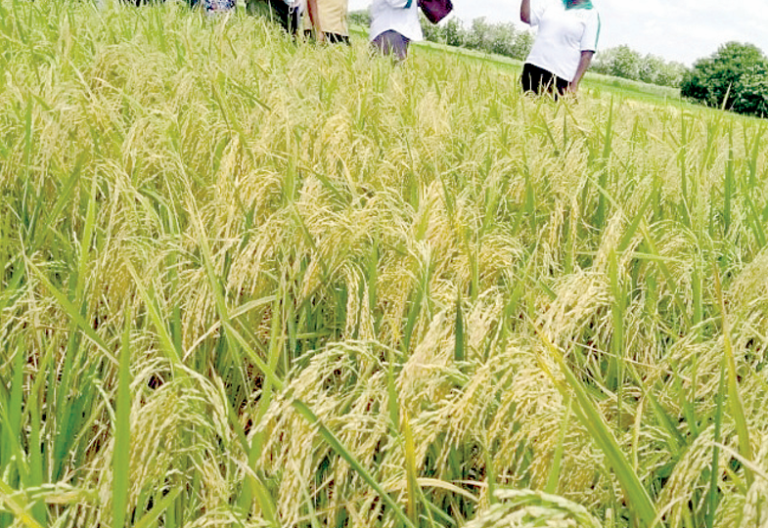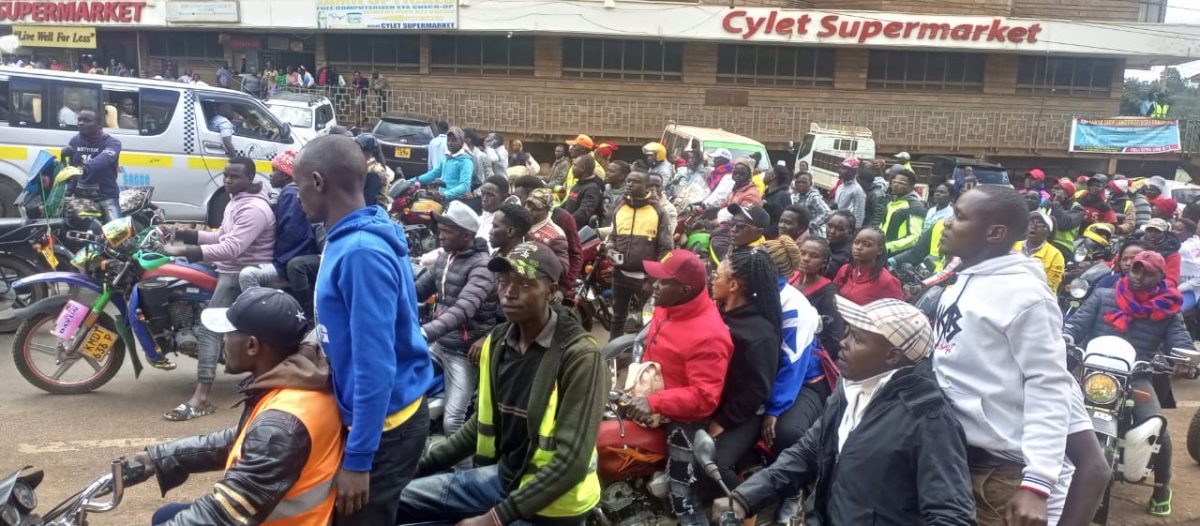Why consumers are about to pay more for wheat food

Kenyan consumers could soon be paying more for their chapati and bread as a war of words rage between wheat farmers and millers.
The Cereal Millers Association (CMA) has come out strongly to refute claims that its members have failed to purchase local wheat, resulting in farmers losing billions of shillings. Wheat farmers, led by their chairman, Stanley Koonyo, claim they’re sitting on a goldmine — or, more accurately, over 10 million 90-kg bags of unsold wheat worth approximately Sh50 billion from last August’s harvest.
They say millers are giving them cold shoulder, refusing to buy their produce and leaving them high and dry. According to CMA, the farmers’ numbers are inflated. They argue that local wheat production only meets about 7 per cent of the country’s annual demand of 24 million bags. In fact, CMA members claim they buy up almost every grain in sight, year after year.
Paloma Fernandes, CMA Chief executive said contrary to recent reports, its members have consistently purchased all available local wheat every season over the last 15 to 20 years.
In the 2023-2024 season, CMA millers procured the entire 1,458,881 bags produced, she said.
“For the 2024-2025 season, as of February 10, 2025,1,246,000 bags had already been purchased, demonstrating our continued commitment to supporting local farmers,” Paloma said in a statement.
Further, she argued, Wheat farming in Kenya extends beyond Narok to regions such as Nakuru, Laikipia, Uasin Gishu, and Timau, saying the total national value of wheat produced across all these regions based on the 1.7 million bags expected this season at Sh5,300 per bag stands at about Sh9 billion and not Sh50 billion as alleged.
Paloma also pointed out that if there were truly 10 million unsold bags, it would represent about six years’ worth of local production — quite the stockpile for a sector that’s supposedly being snubbed. The math just doesn’t add up, according to CMA.
“It is worth noting that Sh50 billion worth of unsold wheat equates to 10 million bags which is approximately six years of local production. CMA members operate under a duty remission scheme, which requires them to prioritise local wheat purchases at a premium price, before seeking import approvals, that allows them to import wheat at a 10 per cent duty,” she added.
Boost production
But the farmers aren’t buying it and claim that after answering the government’s call to boost production for food security, they’re now stuck with overflowing stores and no takers.
Koonyo insisted that despite their best efforts to follow up with millers and the authorities, they’ve been left with nothing but frustration. “What worries us most is that there are no markets for our produce. No miller is interested in our products,” he lamented.
Kisumu Governor Prof Anyang’ Nyong’o also weighed in, warning that neither the National Cereals and Produce Board (NCPB) nor private millers are stepping up to buy local wheat.
He called on the national government to step in with logistical, storage, and financial relief before farmers are buried under a mountain of debt. Farmers blame cheap imported wheat for flooding the market and undercutting local prices. However, CMA says they have no choice but to import because Kenyan wheat just isn’t competitive.
Paloma argued that high production costs, low yields, and limited mechanization make local wheat more expensive than imported alternatives. For the 2024/2025 season, millers are buying local wheat at Sh5,300 per 90kg bag—nearly Sh1,500 more than the global import parity price, which ranges from Sh3,500 to Sh3,700 per bag. That’s quite a premium for the “Buy Kenya, Build Kenya” philosophy.
According to Paloma, this bureaucratic bottleneck could lead to wheat shortages and price hikes if not resolved quickly.
“This delicate balance is currently being threatened by severe delays in government import approvals, leading to skyrocketing demurrage costs at the port. If these bottlenecks persist, Kenya risks market instability, potential wheat shortages, and higher consumer prices,” she said.













